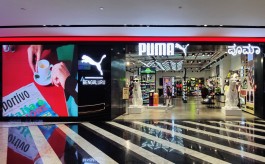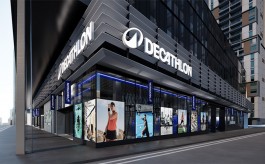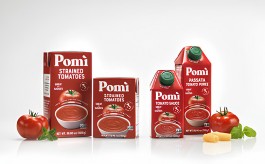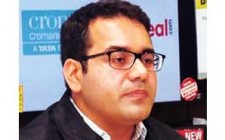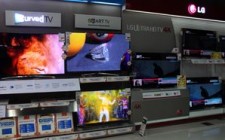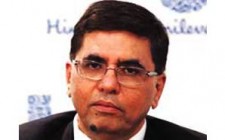We'll have to and will cope: HUL's Manwani
By Dinesh Jain | Vjmedia Works | October 29, 2014
Chairman says silly to block e-commerce's discounts
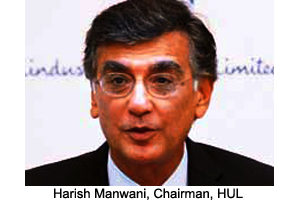 Hindustan Unilever Ltd (HUL) Chairman Harish Manwani said e-retailers' deep discounts were not upsetting. His stand contrasts with consumer electronics companies'.
Hindustan Unilever Ltd (HUL) Chairman Harish Manwani said e-retailers' deep discounts were not upsetting. His stand contrasts with consumer electronics companies'. "If the reality of the market is someone has a business model where they feel they can deliver on a sustainable basis better value than us, we have to find an answer to it. The consumer drives everything. If he wants discounts, we will do it,†the head of the country's largest fast-moving consumer goods (FMCG) company said.
There is debate over predatory pricing by e-commerce companies, with much unease among consumer durables and electronics goods companies. The latter had earlier this month protested over'flash sales' conducted by Snapdeal and Flipkart, where these internet-based retailers had discounted considerably below the market operating price (MOP) of products. MOP is the actual price at which an electronic gadget is made available to a retailer. It usually is at a marginal discount to the maximum retail price (MRP). On Flipkart's'Big Billion Day' sale on October 6, products were available at discounts of 35-40 per cent below the MOP, upsetting traders of electronic goods. So much so that LG, Sony, Videocon and Samsung had written to Commerce Minister Nirmala Sitharaman a fortnight earlier, asking her to frame policies governing the e-commerce business. Manwani, however, says the marketplace creates new business models, which have to be addressed appropriately by responsible businesses. "You cannot throw the baby with the bathwater. Responsible businesses address these challenges (of discounting) and convert them into opportunities,†said the 61-year-old HUL chairman, also chief operating officer at worldwide parent Unilever (he retires in December.
Backing Manwani is Harsh Mariwala, Chairman of FMCG major Marico. He says discounting by e-tailers posed no risk to FMCG companies, since trade margins on these products are not huge. "The absolute amount in terms of the discounts given (on FMCG) will not be huge in comparison to, say, apparel or electronic products. But that in no way means e-commerce can be ignored,†he said when asked. FMCG companies are slowly but steadily waking up to the power of the online channel. They're forming internal teams, whose task is to talk to e-tailers for exclusive tie-ups and deals for their products. Manwani said HUL was working with all key e-commerce entities in India, to grow its presence online. "We want a fair share of every distribution channel, including e-commerce. We will not sell directly (on it) to consumers. We will do it through our partners (e-commerce companies),†he said.
Globally, Unilever has formed an e-commerce team that identifies key shopping trends in various markets, working with e-tailers closely to achieve business aims. Manwani says the company was identifying the broad trends prevalent in India, to be able to able to exploit the channel fully. "In China, the marketplace model has done well. In UK, it is about brick and click, while the US has a pure-play model. In India, everyone is still trying to understand the (e-commerce) model,†he said.
Apart from grocery, likely to be pushed heavily online, HUL could also explore taking some niche and high-end products online, as it does abroad.
Advertisement

